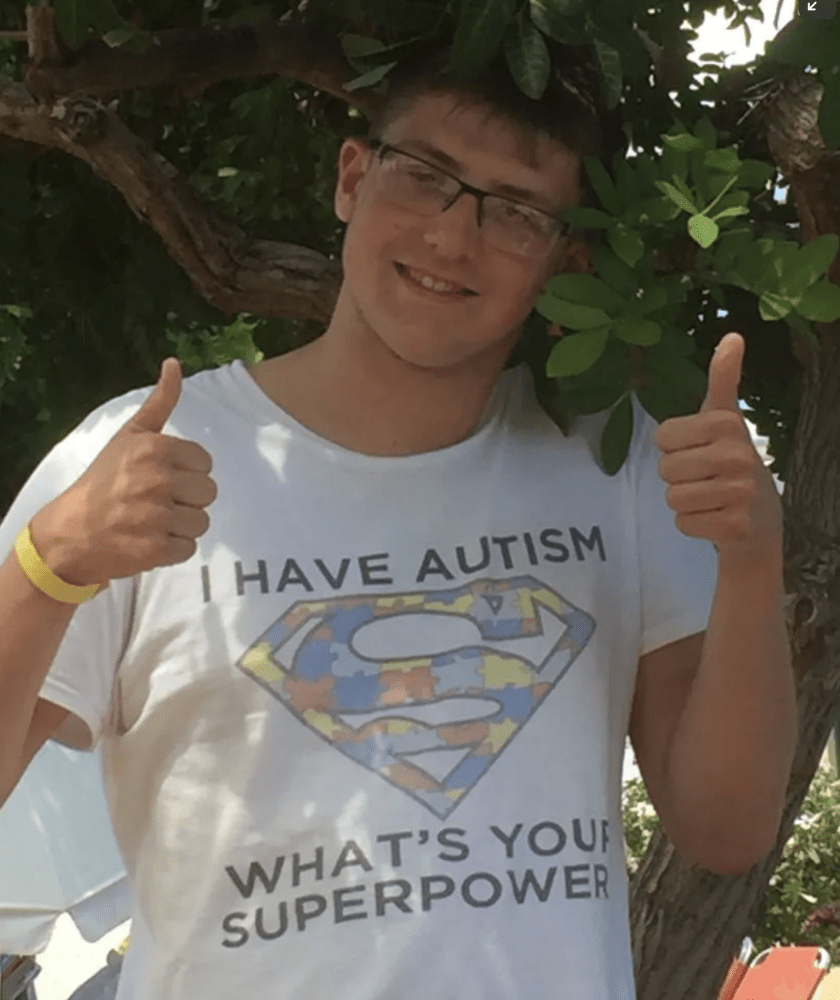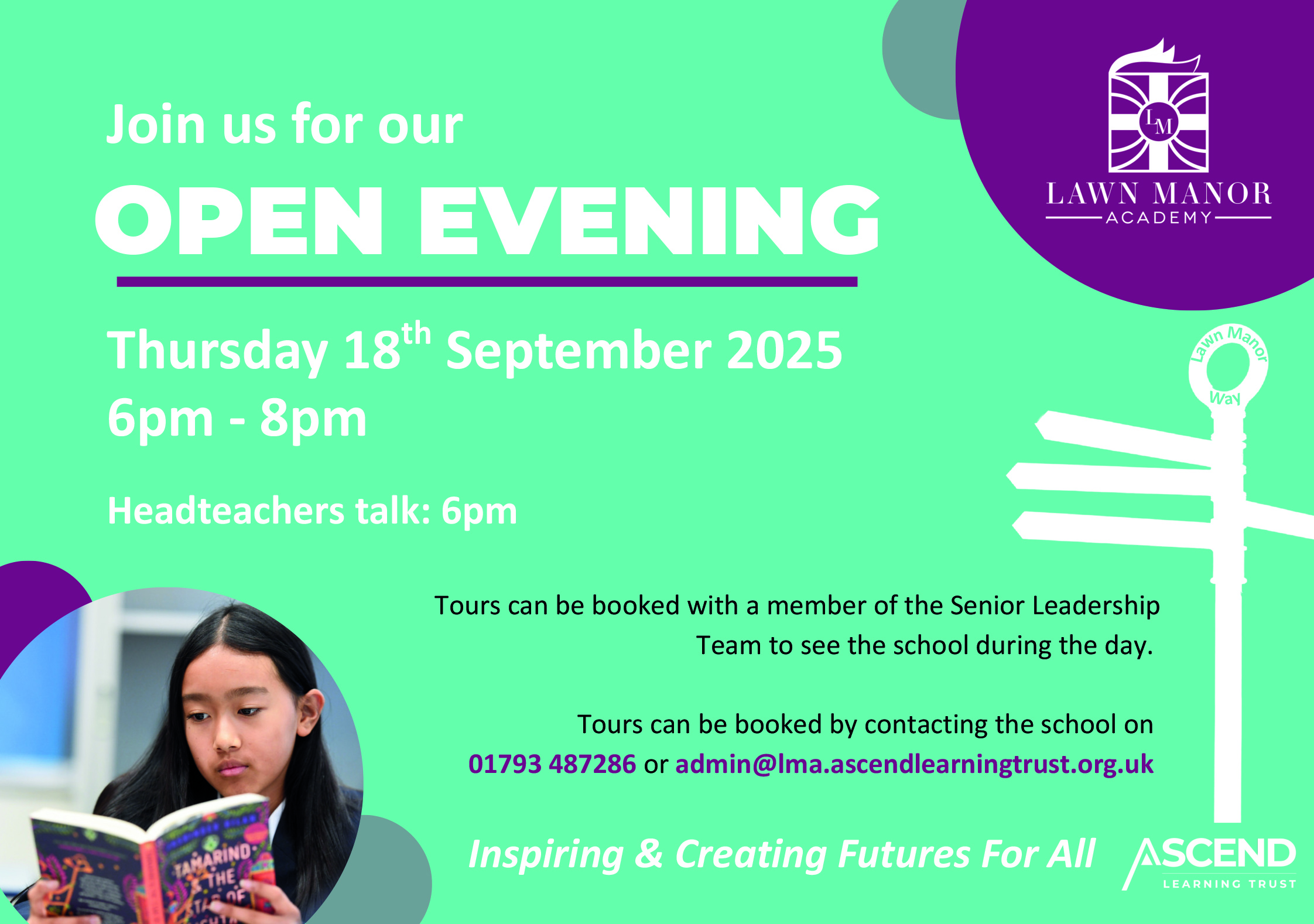Riccardo Rossi is a 16-year-old student studying for his GCSEs at Sir Thomas Rich’s Grammar School in Gloucester.
Let's discuss euthanasia, one of the most controversial topics in the world since 500 BC.
In our lives we have the ability to choose all kinds of things, from who we choose to marry, to what kind of work we do and how we spend our money (to an extent). This sways me to believe when it comes to the end of one’s life, whether they are terminally ill or not, the person should get to choose what happens to them.
Self-determination is an important human right, so should the state have the power to override the individual’s right to choose? Well, sometimes by living in a ‘society’ we live under a social contract if you will where we sacrifice some elements of our individual freedom for the greater good. For example, if someone has stolen from us, we can’t go and attack them- we must hand over the responsibility for dispensing justice to the state.
But then, what counts as valid consent to be euthanized? There is a danger that legalisation could would allow the killing of people who do not genuinely volunteer to be killed, but rather are tricked by their family to save money or are under the influence of drugs/mental illnesses. Any safeguards (such as receiving good palliative care before a request for euthanasia is considered) to prevent the given issues run the risk of being weakened over time.
In my opinion, in the long run the legalisation implements the morally incorrect beliefs into society- attempting to deal with problems of human beings by killing them.
Another problem triggered by the legalization of euthanasia is a question of whether insurers will do the right thing, or the cheap thing and frankly, due to the current profit-driven economic state that the world is in and always has been, taking the cheap option is the most realistic.
Assisted suicide will create dangerous loopholes and consequences in our society, and thus indicating an unwelcoming future "down a slippery slope" to involuntary euthanasia.
Now let’s talk statistics, possibly the most validated point in any argument. According to BBC Bitesize’s recent studies, in the UK, 82% of religious and non-religious people support euthanasia law for terminally ill patients (46% non-religious and 36% religious).
As well as this, 10% of suicides in England (where euthanasia isn't legal) involved chronically or terminally ill people whereas in the Netherlands (where euthanasia is legal), the number of cases doubled between 2006 and 2010. Make what you will of these stats but in my opinion, due to such a high percentage of people in the UK that support euthanasia, why isn't it already legal?
Then again, one could argue that if euthanasia were legal, it would undermine the commitment of doctors and nurses to save lives by putting too much power into their hands, thus damaging the trust between patient and doctor. However, one could argue that this is not very likely as all doctors have to take the Hippocratic oath, ensuring that they will uphold specific medical standards, although this could be regarded as irrelevant by many as it is over 2500 years old.
It could also create a standstill in the development for cures and treatments for the terminally ill, generating a loophole of people being born with extremely rare untreatable diseases and being euthanized by doctors rather than at least attempting to save them.
On the contrary to this, euthanasia allows people to die with dignity and in control of their situation. Let’s be honest here, it is extremely expensive for families to keep their family member alive when there is no cure for their illness. This more than often puts the whole family into debt for life, and puts the children in a struggle growing up to the point that when they reach 18, they will have little money and won't be able to have any financial aid from parents as they are in debt. The legalization of euthanasia would help solve this issue.
Euthanasia is an extremely controversial topic with strong arguments on each side of the debate. At the centre of this argument is the fundamental right of an individual to choose, the accurate assessment of their state of mind, the right of the state to determine the fate of members of society.
Answers to these questions are also a reflection of cultural values that underpin the society and background of the individual. It is also a subject that generates a strong emotional response and makes it very difficult to be entirely objective - for example if we are discussing an individual you know personally, you might have a different opinion.
If you have your own opinion on the matter or just something to add to the article, I’d love to hear from you in the comments section below.






Your Comments
Be the first to comment on this article
Login or Register to post a comment on this article